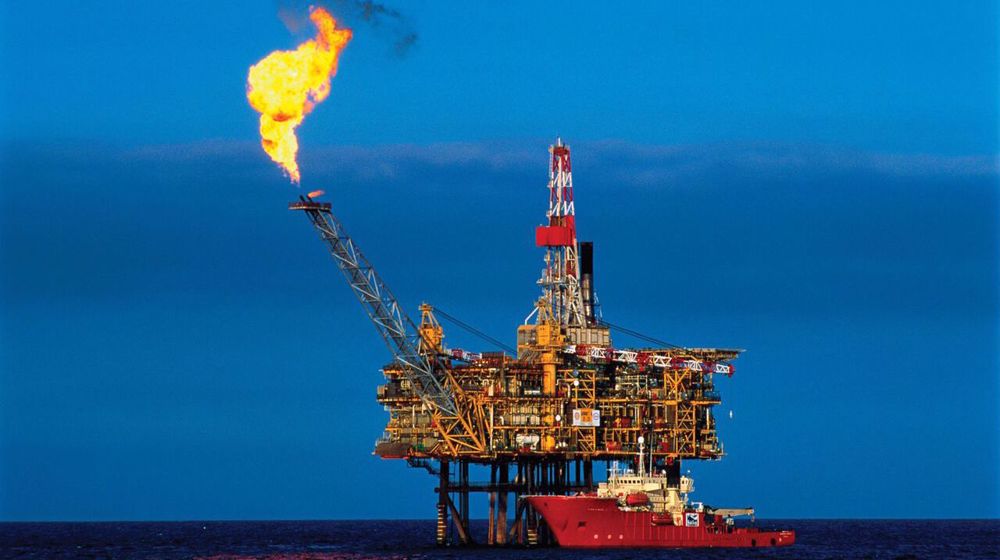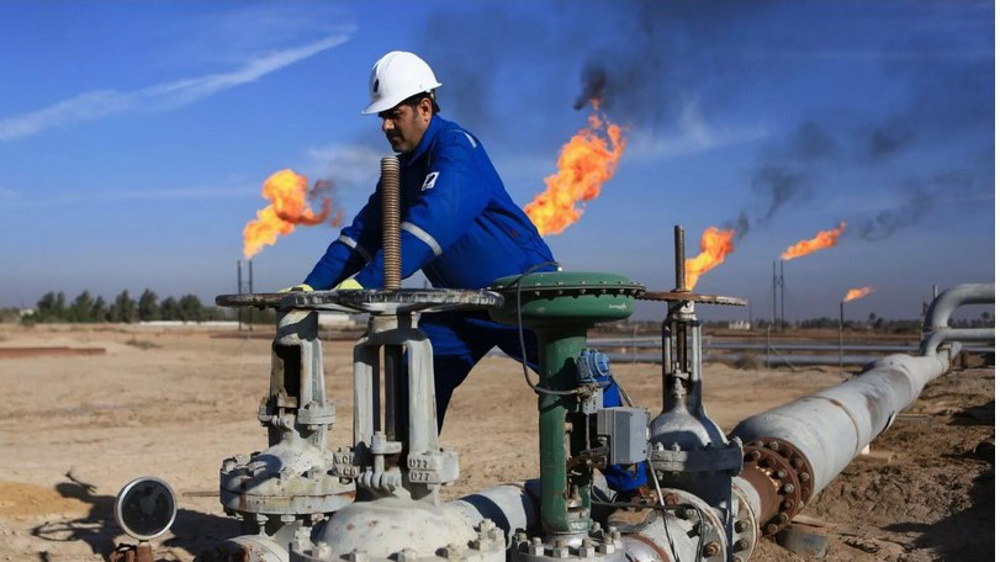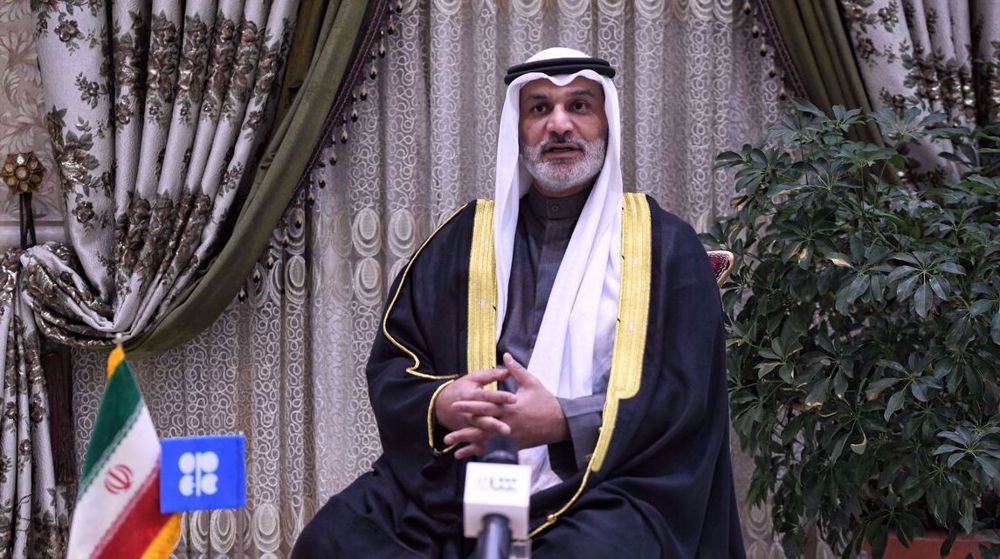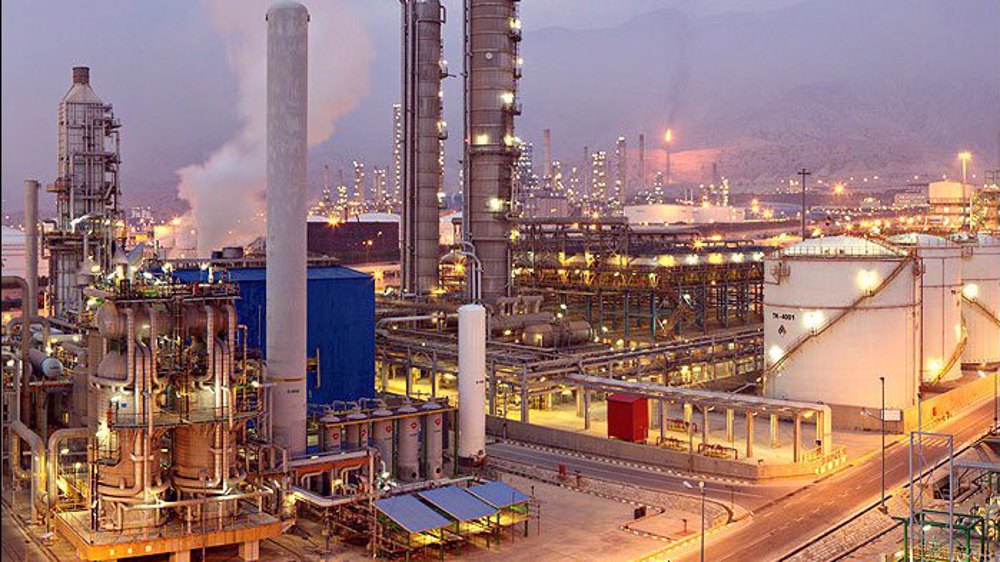Iran experts break another US monopoly in petrochemicals
For the first time, Iranian experts have updated a distributed control system (DCS) built by US industrial conglomerate Emerson Electric at a petrochemical plant in the southwestern port of Mahshahr.
Distributed control systems are computerized platforms for automated control and operation of a plant or industrial process, usually with many control loops, in which autonomous controllers are distributed throughout the system.
The Emerson DCS used at the Shahid Tondgooyan Petrochemical Company (STPC) was obsolete, which had caused major production problems at the plant's PET 1 unit, the company said in a statement.
The US company's refusal to cooperate and provide support because of the American sanctions prompted Iranian experts to revamp and update the system without laying off production units, it added.
For the update, the system needed a year to be programmed for upgrade, after which the production units had to be shut down in order to incorporate the new application into the DCS.
"After the programming, due to the commitments of the STPC and the vital and important role of its products in different industries of the country, it was not practically possible to stop all units in order to run the new program," the company said.
"So, the closure of production units separately was assessed and approved, as a result of which no disruption occurred in the company's commitments to support national production," it added.
Earlier this month, the STPC said Iranian experts had designed and built a rotary air compressor which it badly needed in its polyethylene terephthalate (PET) unit but could not import because of US sanctions.
According to the company, the oxidation air compressor was the heart of the PET unit and in case of failure, the production of the second chemical line and subsequently the second polymer and textile line of one of the two STPC plants with a capacity of 22,00 tonnes per day would have completely stopped.
Petrochemical companies in Iran sourced the rotary air compressor for the wet oxidation process from Mitsubishi Heavy Industries, but the Japanese corporation's refusal to supply them forced the country to indigenize the equipment.
"After the Japanese company's absence and lack of response under the pretext of sanctions, the STPC's specialists initially localized some items and equipment with the participation of knowledge-based Iranian companies and then fully indigenized the manufacturing of this complex rotary device of the petrochemical industry," the company said.
The US imposed sanctions on the Persian Gulf Petrochemical Industries Company (PGPIC), the country's largest petrochemical holding group and its network of 39 subsidiary petrochemical companies, in June 2019.
Iranian officials, however, say the wide variety of petrochemical products and huge international demand for them because of their quality and price make the industry unsanctionable.
Last month, Managing Director of the National Petrochemical Company (NPC) Behzad Mohammadi said Iran's petrochemical revenues will top a record $20 billion in the current Persian year of 1400 which ends on March 20, 2022.

Iran’s daily sweet gas production peaks at 870 mcm: NIGC

Iraq denies it is resuming oil exports from Kurdistan under US pressure

‘Petroleum demand will rise despite global push for renewables’
Israel’s massacres won’t grant it ‘legitimacy’: Hamas on 31st anniversary of Ibrahimi Mosque tragedy
French leader decries ‘unprecedented diplomatic scandal’ after Israel bars European MPs
VIDEO | Washington’s failed projects
VIDEO | Islamabad exhibition exposes Israeli atrocities in Gaza
Trump rescinds arms sales regulation in favor of Israel, sources say
Iran’s president vows to accelerate cooperation with Russia
Palestinian says Israeli jailers poured acid on him during interrogation
Iran, Turkmenistan seek increased cargo transit via railways








 This makes it easy to access the Press TV website
This makes it easy to access the Press TV website